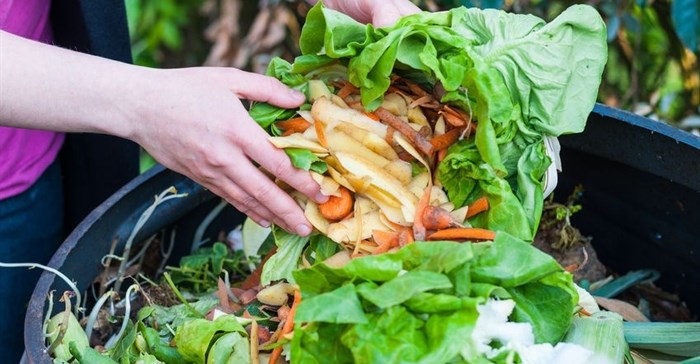A partnership of leading international organisations, including the United Nations, has announced the launch of a first-ever global standard to measure food loss and waste while at the Global Green Growth Forum (3GF) 2016 Summit currently underway in Copenhagen, Denmark.
The Food Loss and Waste Accounting and Reporting Standard (FLW Standard) is a set of global definitions and reporting requirements for companies, countries and others to consistently and credibly measure, report on and manage food loss and waste. The standard comes as a growing number of governments, companies, and other entities are making commitments to reduce food loss and waste.
"The scale of the problem of food loss and waste can be difficult to comprehend," said Achim Steiner, the executive director of the UN Environment Programme (UNEP), in a press release. "Having this new standard by which to measure food loss and waste will not only help us understand just how much food is not making it to our mouths, but will help set a baseline for action," he continued.
Welcoming the new FLW Standard, Steiner said UNEP calls on countries and companies to use it to start measuring and reporting food loss and waste, in parallel to taking action to deliver on SDG Target 12.3: Halve food waste by 2030.
Global food waste
According to the UN, an estimated one-third of all food is lost or wasted worldwide as it moves from where it is produced to where it is eaten, even as more than 800 million people are undernourished. In addition, food loss and waste globally costs up to $940 billion per year.
Meanwhile, food loss and waste generate about 8 percent of global greenhouse gas emissions. Estimates indicate that if it were a country, food loss and waste would be the third-largest greenhouse gas emitter behind China and the United States.
"This standard is a real breakthrough," said Andrew Steer, president and CEO of the World Resources Institute. "For the first time, armed with the standard, countries and companies will be able to quantify how much food is lost and wasted, where it occurs, and report on it in a highly credible and consistent manner." He noted that there is simply no reason that so much food should be lost and wasted: "Now, we have a powerful new tool that will help governments and businesses save money, protect resources and ensure more people get the food they need," Steer added.
Defining and quantifying food loss and waste
Furthermore, UNEP highlighted that international momentum to curb food loss and waste is growing with governments and businesses making commitments to address this issue. However, most do not know how much food is lost or wasted or where it occurs within their borders, operations or supply chains. Moreover, the definition of food loss and waste varies widely and without a consistent accounting and reporting framework it has been difficult to compare data and develop effective strategies.
Finally, the FLW Standard will also help reduce food loss and waste within the private sector. In 2015, the Consumer Goods Forum, which represents more than 400 of the world's largest retailers and manufacturers from 70 countries, adopted a resolution for its members to reduce food waste from their operations by 50 percent by 2025, with baselines and progress to be measured using the FLW Standard.


































